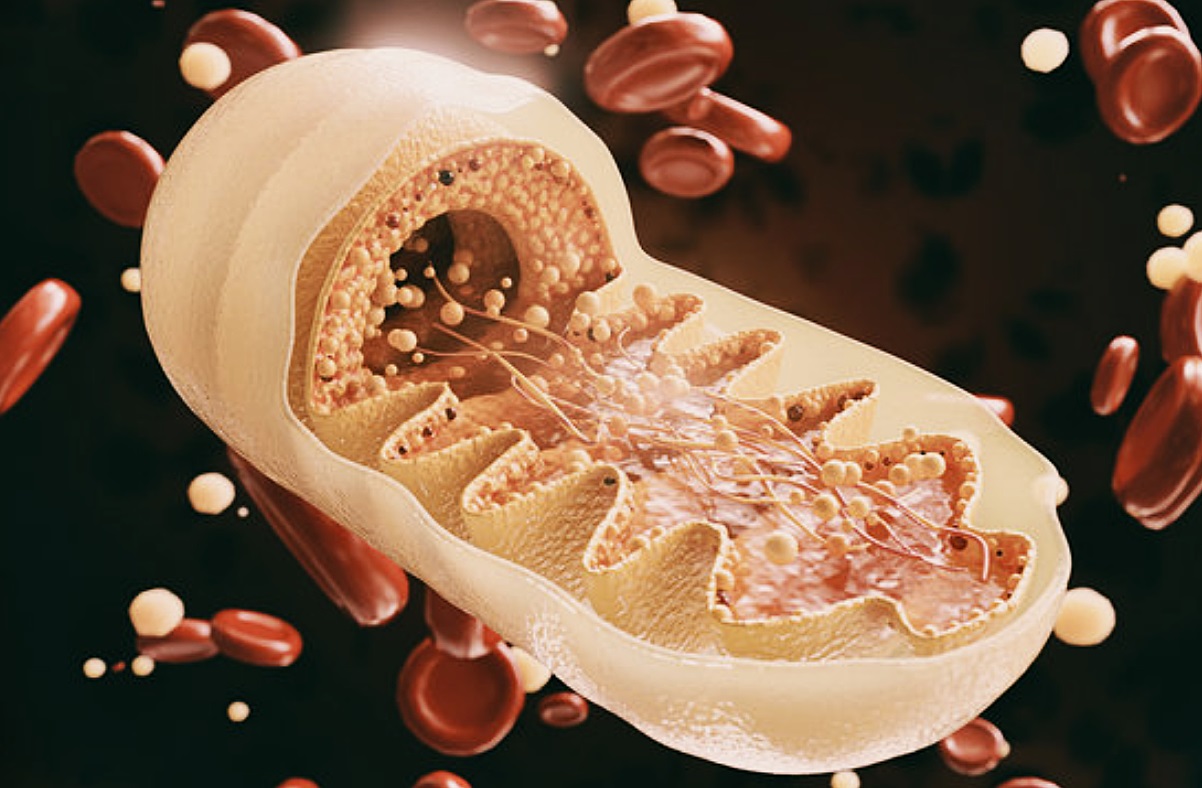
What is Bioenergetics? It's the science of energy flow and transformation within living organisms. Imagine your body as a bustling city, with energy being the currency that keeps everything running smoothly. Bioenergetics explores how cells convert nutrients into energy, powering every heartbeat, breath, and thought. This field is crucial for understanding metabolism, cellular respiration, and how organisms maintain balance. From the food you eat to the oxygen you breathe, bioenergetics is at work, ensuring life continues. Whether you're an athlete optimizing performance or someone curious about how bodies function, bioenergetics offers insights into the energy dynamics that sustain life.
Key Takeaways:
- Bioenergetics is the study of how living organisms use energy. It's like understanding how your body uses food to power everything you do, from running to thinking.
- Understanding bioenergetics helps us grasp how life sustains itself and adapts to changes. It’s vital for health, ecology, and even technology.
What is Bioenergetics?
Bioenergetics is the study of energy flow and transformation in living organisms. It’s like understanding how your body uses food to power everything you do, from running to thinking.
-
Energy Currency: ATP, or adenosine triphosphate, is the main energy currency in cells. It’s like the money your body spends to do work.
-
Photosynthesis: Plants convert sunlight into chemical energy through photosynthesis. This process is crucial for life on Earth as it provides oxygen and food.
-
Cellular Respiration: This is how cells break down glucose to release energy. It happens in the mitochondria, often called the powerhouse of the cell.
-
Metabolism: Metabolism includes all chemical reactions in the body. It’s divided into catabolism (breaking down molecules) and anabolism (building up molecules).
-
Enzymes: These proteins speed up chemical reactions in the body. Without them, reactions would be too slow to sustain life.
How Do Organisms Use Energy?
Organisms need energy for growth, reproduction, and maintaining homeostasis. Here’s how they manage this energy.
-
Basal Metabolic Rate (BMR): This is the energy your body needs at rest to maintain basic functions like breathing and circulation.
-
Thermogenesis: The process of heat production in organisms. It helps maintain body temperature in cold environments.
-
Energy Storage: Excess energy is stored as glycogen in the liver and muscles or as fat in adipose tissues.
-
Energy Transfer: Energy is transferred through food chains. Plants capture energy from the sun, herbivores eat plants, and carnivores eat herbivores.
-
Energy Efficiency: Not all energy is efficiently used. Some is lost as heat during metabolic processes.
Why is Bioenergetics Important?
Understanding bioenergetics helps us grasp how life sustains itself and adapts to changes. It’s vital for health, ecology, and even technology.
-
Health and Disease: Disruptions in energy metabolism can lead to diseases like diabetes and obesity.
-
Exercise Physiology: Bioenergetics explains how muscles use energy during physical activity, helping athletes optimize performance.
-
Ecological Impact: Energy flow in ecosystems affects biodiversity and the stability of environments.
-
Biotechnology: Knowledge of bioenergetics is used in developing biofuels and other sustainable energy sources.
-
Evolution: Energy efficiency has driven evolutionary changes, favoring organisms that use energy more effectively.
How Does Bioenergetics Affect Daily Life?
Bioenergetics isn’t just for scientists; it impacts everyday life in ways you might not realize.
-
Diet and Nutrition: Understanding energy balance helps in making dietary choices that support health and fitness.
-
Weight Management: Balancing calorie intake with energy expenditure is key to maintaining a healthy weight.
-
Mental Energy: The brain consumes a significant amount of energy, affecting concentration and cognitive function.
-
Sleep and Recovery: Energy restoration during sleep is crucial for physical and mental recovery.
-
Stress Response: Stress affects energy metabolism, often leading to fatigue and decreased performance.
What Are the Future Prospects of Bioenergetics?
The field of bioenergetics continues to evolve, offering exciting possibilities for the future.
-
Renewable Energy: Bioenergetics research contributes to developing cleaner, renewable energy sources.
-
Medical Advances: Insights into cellular energy processes could lead to new treatments for metabolic disorders and age-related diseases.
Energy's Role in Life's Symphony
Bioenergetics is like the backstage crew of life's grand performance, ensuring everything runs smoothly. From the tiniest cells to the largest ecosystems, energy flow is crucial. Understanding how organisms harness and use energy helps us appreciate the delicate balance of nature. It also sheds light on how we can better manage our own energy needs, especially in a world increasingly focused on sustainability.
Bioenergetics isn't just about science; it's about the interconnectedness of all living things. As we continue to learn more, we gain insights into health, environment, and technology. This knowledge can lead to innovations that improve our lives and protect our planet. So, next time you feel a burst of energy or see a plant soaking up sunlight, remember the fascinating world of bioenergetics working behind the scenes. It's a reminder of life's incredible complexity and beauty.
Frequently Asked Questions
Was this page helpful?
Our commitment to delivering trustworthy and engaging content is at the heart of what we do. Each fact on our site is contributed by real users like you, bringing a wealth of diverse insights and information. To ensure the highest standards of accuracy and reliability, our dedicated editors meticulously review each submission. This process guarantees that the facts we share are not only fascinating but also credible. Trust in our commitment to quality and authenticity as you explore and learn with us.
